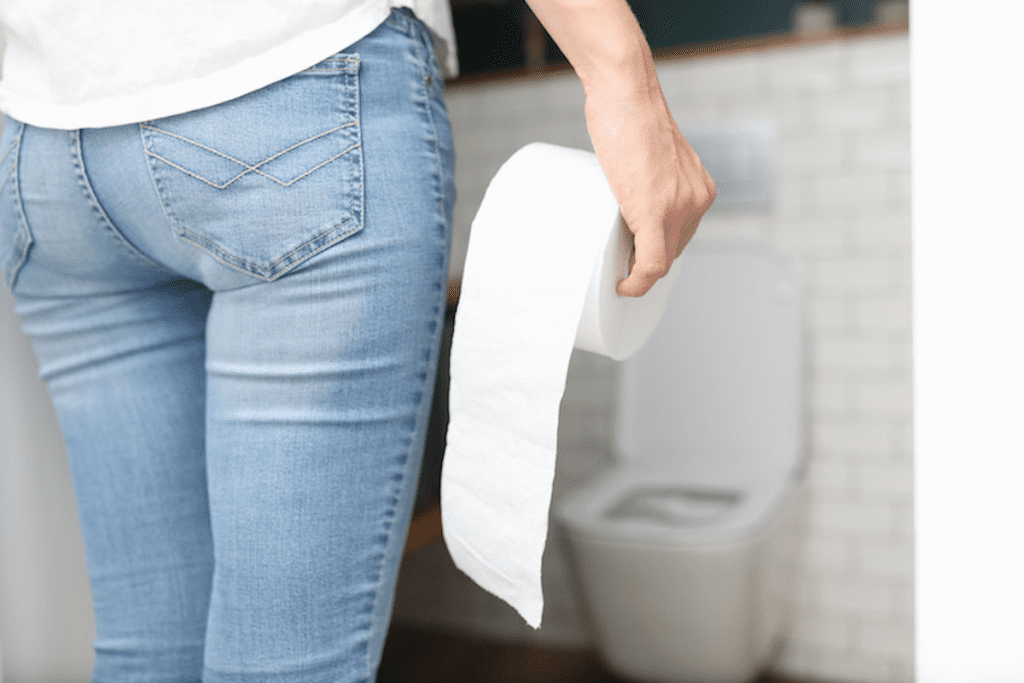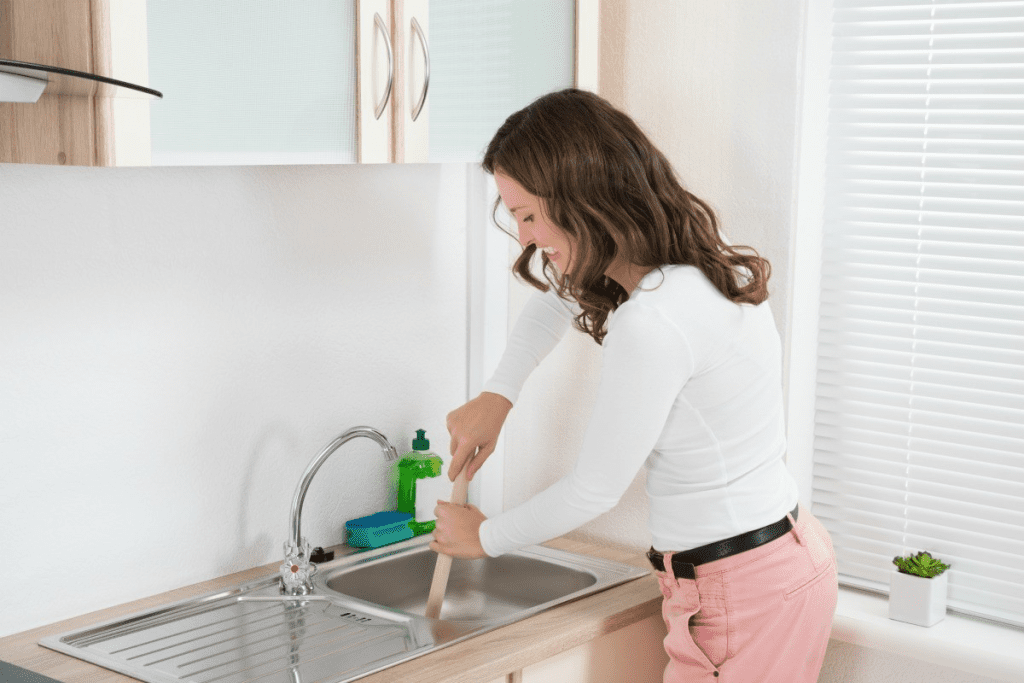Last Updated on October 31, 2025 by

Frequent urination can be a common concern for many women, and understanding what’s normal is important for urinary health. A healthy woman typically urinates between 4 and 10 times a day, depending on fluid intake, age, and activity level.
Drinking lots of fluids, especially those with caffeine or alcohol, can make you urinate more often. Some medications or health issues, like urinary tract infections or overactive bladder, can also change how frequently you need to pee.
According to Frequent Urination: Guide for Women, noticing big changes”such as pain, burning, or blood in your urine”shouldn’t be ignored. These can be signs that it’s time to see a healthcare provider. Paying attention to your body’s signals can help you maintain good bladder health and prevent complications.
How often should a healthy woman urinate in a day? Many people worry about how often they pee. Knowing what’s normal can help ease these worries and improve urinary health.
A study showed that ‘elite healthy’ women pee 2“9 times a day and 0“2 times at night. Healthy women might pee up to 10 times a day and 4 times at night.

Peeing 6-8 times in 24 hours is normal for healthy, non-pregnant women. Polyuria means peeing more than usual. Fluid intake, diet, and health can change this.
Micturition, or peeing, is natural. Its frequency can change based on hydration and health issues.
Waking up to pee up to 2 times is normal. Peeing more often might mean a health problem.
Knowing your pee pattern is key. If you pee more than usual, see a doctor to check for health issues.
Many things can make women pee more often. This includes how much water they drink and certain medicines. Knowing what affects your pee can help figure out if it’s normal or if there’s a problem.
Drinking too much water can make you pee more. But it’s good to stay hydrated. Finding the right balance is key.

Caffeine and alcohol make you pee more because they’re diuretics. Some foods and drinks can also bother your bladder. Watching what you eat can help control how often you pee.
Some medicines, like those for high blood pressure, can make you pee a lot. Other medicines might do this too. If you’re peeing a lot and taking medicine, talk to your doctor about other options.
Getting older can change how your bladder works. As women age, their bladder muscle gets weaker. This can make you pee more often. Knowing this can help you take care of your bladder as you get older.
Changes in how often you pee can signal a health issue. Some health problems can make you pee more often. It’s important to know about these conditions to get the right medical care.
Urinary tract infections (UTIs) are a common reason for frequent peeing in women. UTIs happen when bacteria get into the urinary tract. This causes infection and discomfort.
Symptoms include a strong need to pee, burning while peeing, and urine that smells bad or looks cloudy. If not treated, UTIs can cause serious problems like kidney damage.
Diabetes can also make you pee more often. When blood sugar is high, the kidneys work harder. This leads to more urine.
Frequent peeing is often the first sign of diabetes. Other signs include feeling very thirsty and tired.
Overactive bladder (OAB) makes you pee suddenly and often. It can be caused by many things, like neurological disorders or certain medicines. Women with OAB pee a lot, wake up to pee at night, and feel an urge to pee.
Pregnancy and after childbirth can change how you pee. The growing uterus can press on the bladder, making you pee more. After giving birth, weakened pelvic muscles can affect bladder control.
Understanding these changes helps manage urinary health during and after pregnancy.
At Liv Hospital, we focus on evidence-based care and personalized health plans. Our team works with patients to understand their needs and create tailored treatments. Recognizing the medical reasons for urination changes helps women take care of their urinary health and overall well-being.
It’s important to understand your urination patterns for good urinary health. By watching how often and how much you pee, you can spot problems early. Keeping a bladder diary is a great way to track this.
A bladder diary records when and how much you pee, plus any leaks. You can use a notebook or a mobile app. Being consistent and detailed is key for accurate data.
Here’s a simple guide for your bladder diary:
Experts say a bladder diary is a great tool for understanding your urine habits. It helps find and fix urinary problems.
After a few days, analyze your pee data. Look for patterns like day vs. night pee, urine volume, and how fluids or meds affect you.
For example, if coffee makes you pee more, you might be caffeine sensitive. Nighttime pee increases could mean a health issue.
Understanding your pee data helps you see your urinary health. It guides you in making lifestyle and fluid choices. A study found knowing your pee frequency is key to spotting urinary problems early.
Take charge of your urinary health. This way, you and your doctor can tackle any issues and keep your bladder working well.
Knowing when frequent urination is a problem is key to staying healthy. It’s normal to go to the bathroom several times a day. But, some symptoms can mean you need to see a doctor.
It’s not just about how often you pee. Other signs can mean something’s wrong. Painful urination is a big warning sign. A burning feeling while peeing might mean you have a urinary tract infection (UTI) or another issue.
Other symptoms to watch for include:
If you notice sudden changes in how often you pee or new symptoms, see a doctor. You should get medical help if you experience:
Keeping a bladder diary can help track your pee patterns and symptoms. This can be very helpful for doctors to find out what’s wrong. If you’re seeing any of these warning signs, don’t wait to see a healthcare professional. They can figure out what’s going on and how to treat it.
Keeping your bladder healthy is key for good urinary health. We talked about knowing when to go, drinking enough water, and handling health issues. It’s good to pee every 3 to 4 hours, pee often, and empty your bladder fully.
Relaxing your bladder muscles while you pee can also help. By following these tips, we can keep our bladders in top shape. For more tips, check out the National Institute on Aging’s guide on bladder health.
A healthy woman should pee 4 to 10 times in 24 hours. Most pee around 6-7 times a day.
Most people don’t need to pee at night. Waking up more than twice to pee might mean there’s a problem.
Peeing a lot can happen for many reasons. It could be because you drink a lot, eat certain foods, take some meds, or have health issues like diabetes or an overactive bladder.
Drinking more fluids, like caffeinated drinks or alcohol, makes you pee more. Drinking less can make you pee less.
Yes, some meds, like diuretics, can make you pee more often.
As we get older, our bladder muscles get weaker. This can change how often we pee, making us pee more or less.
Signs of a UTI include pain or burning when you pee, needing to pee a lot, and pee that’s cloudy or smells bad.
Yes, diabetes can make you pee more because high blood sugar makes your body make more urine.
An overactive bladder makes you feel a strong urge to pee suddenly. It can happen often and is caused by many things, like some health issues or medications.
Writing down when and how much you pee can help you see patterns. It’s called a bladder diary.
See a doctor if your pee habits change suddenly, you feel pain or burning, or if you see blood in your pee.
Subscribe to our e-newsletter to stay informed about the latest innovations in the world of health and exclusive offers!